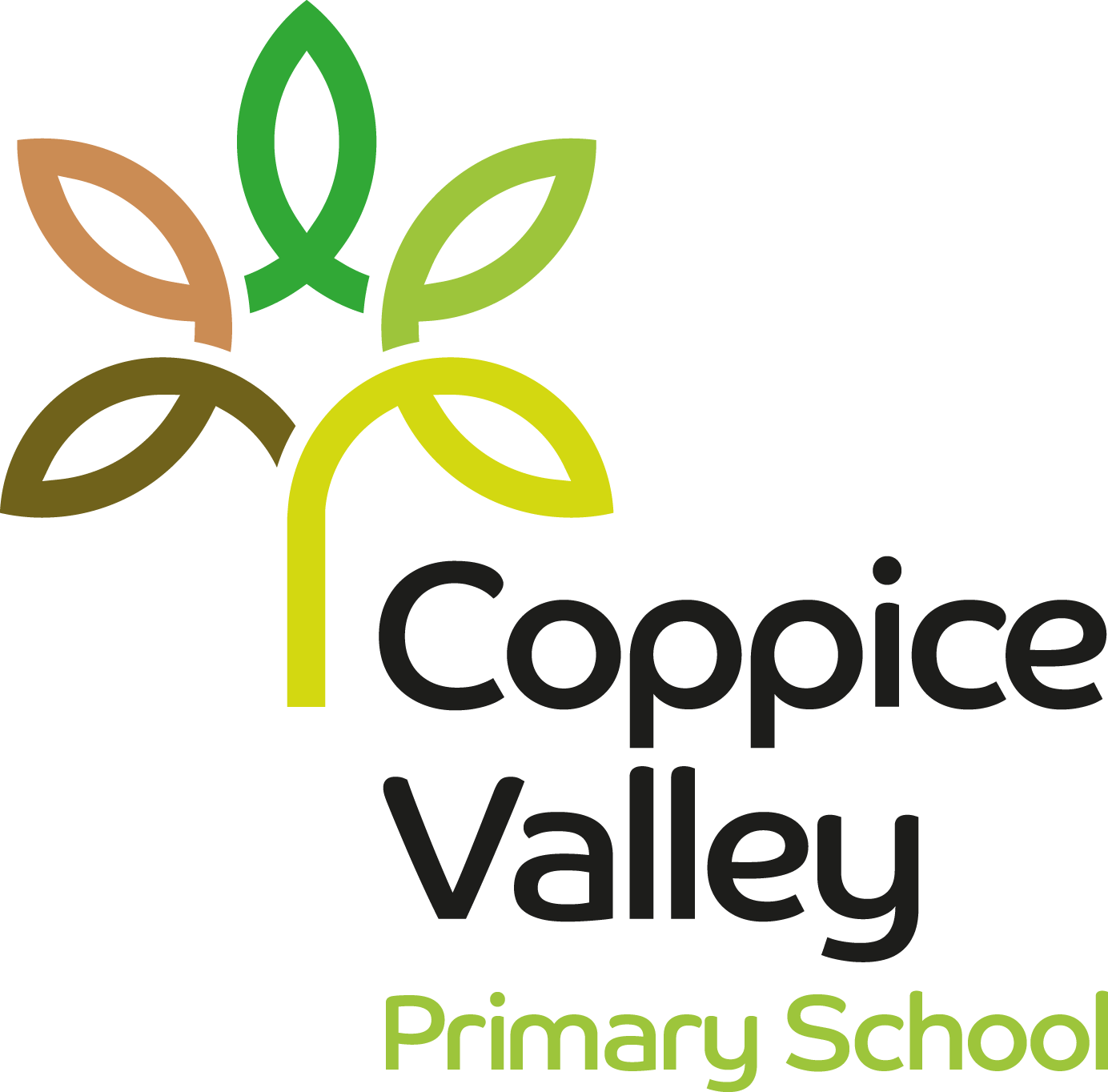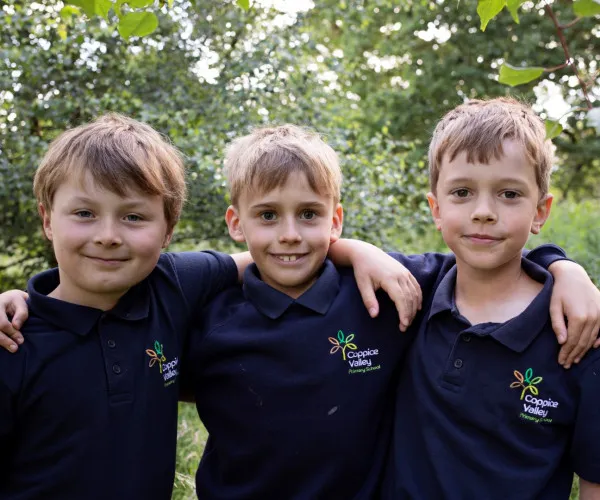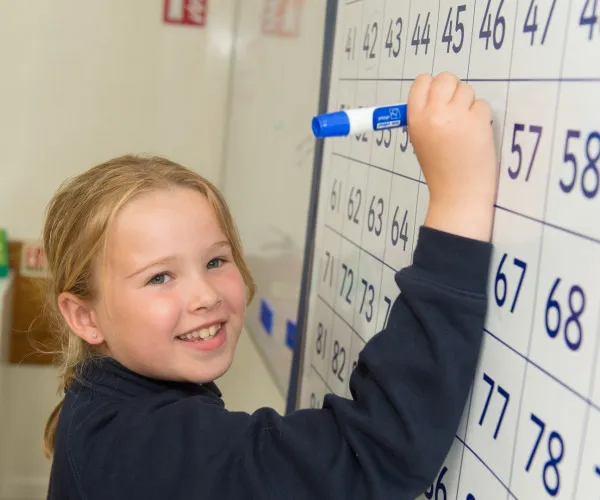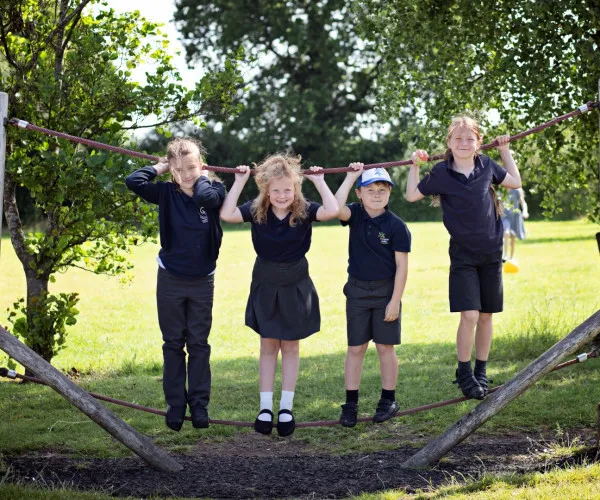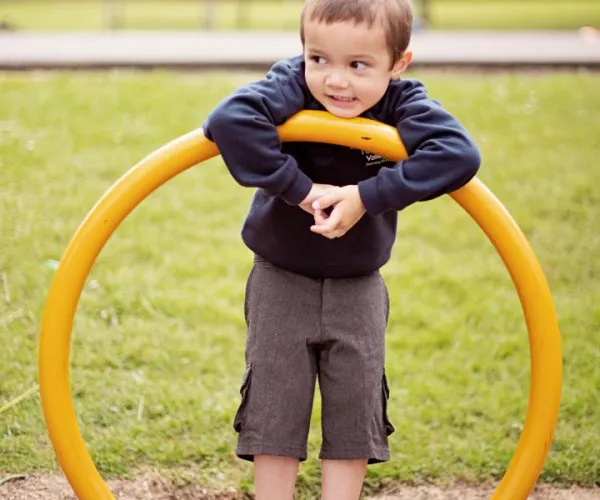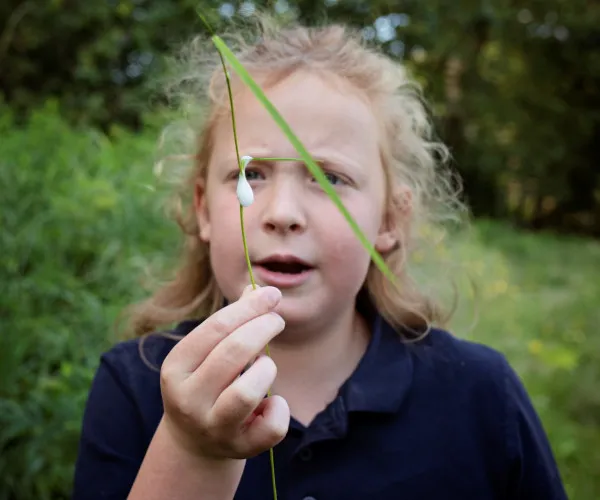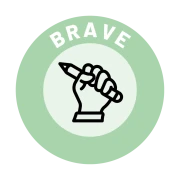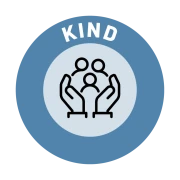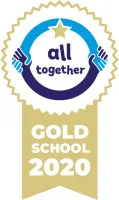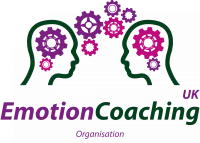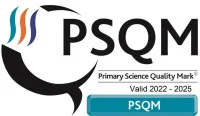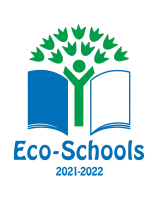Phonics
 Subject Leader: The subject leader for Subject is Mrs Hardy.
Subject Leader: The subject leader for Subject is Mrs Hardy.
Phonics- Little Wandle Phonics, the teaching of reading and writing.
At Coppice Valley Primary School, we follow the Little Wandle scheme, which is validated by the government.
Little Wandle Phonics is a comprehensive and structured phonics program designed to support early reading development for children. It combines a systematic approach to phonics with a wealth of interactive resources to help children master essential phonics skills, from letter sounds and blending to segmenting words. The program uses a blend of synthetic phonics, focusing on decoding skills, and ensures a strong foundation in both reading and writing. Little Wandle Phonics offers carefully planned lessons, designed to engage children and build confidence as they progress.
The Importance of Phonics and Reading
Phonics and early reading are foundational to a child's literacy development, setting the stage for all future learning. Phonics refers to the relationship between letters and sounds, helping children decode words and understand how written language works. Here’s why phonics and early reading are so important:
- Developing Decoding Skills: Phonics teaches children how to sound out words by connecting letters to their corresponding sounds. This skill helps young readers decode unfamiliar words, which boosts their confidence and ability to read independently.
- Building Word Recognition: As children learn the sounds of letters and letter combinations, they begin to recognise familiar words more quickly. This strengthens fluency, making reading smoother and more enjoyable.
- Enhancing Vocabulary: Phonics instruction helps children understand word structures, making it easier to recognise and learn new words. A solid vocabulary lays the groundwork for comprehension and more complex reading skills as children grow older.
- Improving Reading Comprehension: Early reading experiences that focus on phonics equip children with the tools they need to understand what they read. They can breakdown words, sentences, and passages to make sense of the text, which directly influences their ability to comprehend and engage with stories or information.
- Long-Term Academic Success: Mastering phonics early on is linked to better performance in all academic areas. Reading is a skill used across subjects, and children who develop strong reading habits tend to do better in school overall.
- Promoting Confidence and Motivation: As children gain skills in phonics and early reading, they experience success and become more motivated to read. This positive reinforcement can help foster a lifelong love of reading.
In short, phonics and early reading lay the foundation for all future literacy skills, enabling children to unlock the world of words and knowledge that will support their academic and personal growth.
Reading is one of life’s greatest pleasures, it allows children to see the world and beyond!
Curriculum Threads
Our Coppice Curriculum Threads: Brave, Kind and Curious are woven throughout our Phonics curriculum.
At Coppice, the Litle Wandle Phonics curriculum is considered brave because it provides students with the skills they need to become readers. Learning to read using phonics requires children to confront unfamiliar letters, sounds, and rules. For a young child, this can feel like a big, unknown world — and trying anyway is an act of courage. When our children at Coppice Valley Primary School start on their phonics journey, they are stepping into something new and complex which opens them up into a new world of reading and writing.
Phonics at Coppice Valley is an important part of being kind. This can be seen in our kindness to ourselves and our kindness towards others.
1. Kindness to Yourself
Learning phonics can be tricky at times — mistakes are part of the process. When children practice phonics, they’re also learning to be patient and gentle with themselves.
2. Helping Each Other Learn
In group activities like phonics games or reading circles, children often support one another — sounding out words together or helping a classmate blend a tricky word. Phonics provides a wonderful chance for our children to be helpful, encouraging, and inclusive.
3. Celebrating Effort, Not Just Success
Phonics rewards practice and progress. When children cheer each other on or celebrate effort (“You tried your best!”), they’re practicing empathy and kindness.
4. Using Words for Good
Phonics gives children the power of language. As they learn to read and speak with clarity, they can use those words to show kindness — like writing a thank-you note or reading a kind message aloud. Learning language gives children tools to express love, thanks, and support.
Phonics naturally sparks curiosity in our children because it opens up the world of reading — and reading is one of the most exciting adventures a child can go on.
Reading allows children to ask questions, explore sounds and patterns, make connections and read to learn.
Phonics doesn’t just teach children how to read — it makes them want to read. It encourages questions, exploration, and joyful discovery. And every time a child sounds out a new word, it’s proof that curiosity is alive and growing.
